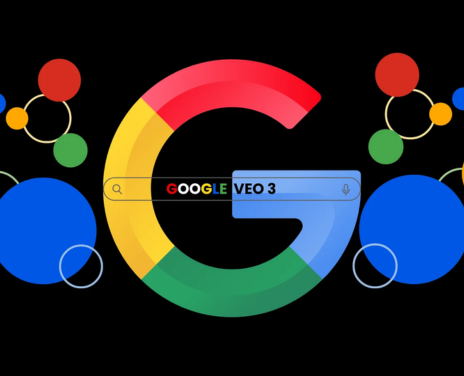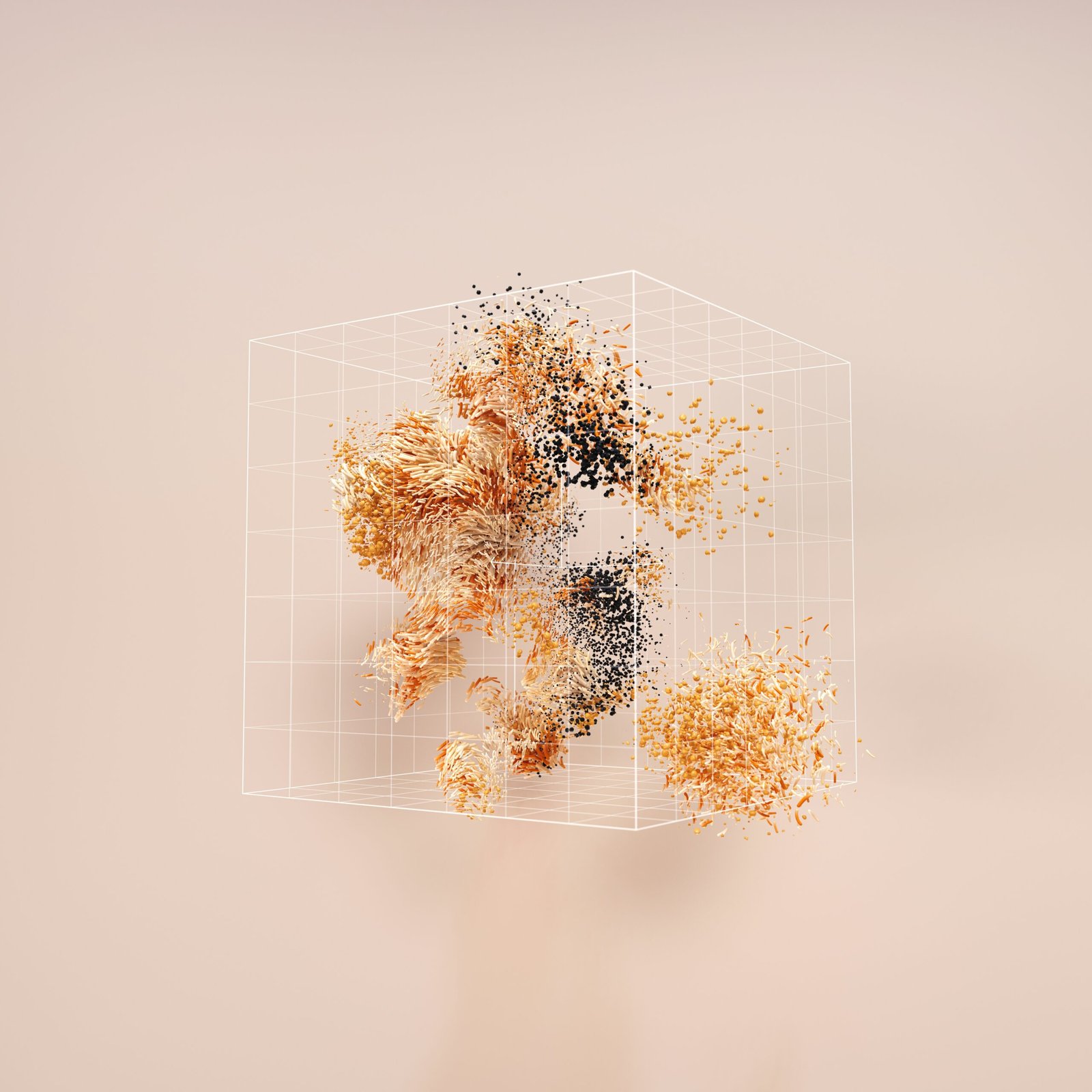Artificial intelligence keeps changing the way people meet and work with online material. Yet, as the tech moves forward, it also stirs big worries about privacy, consent, and the moral use of personal data. The newest flashpoint centers on Google’s video-making model, Veo 3, amid claims it learned from YouTube uploads without asking the people who made them.
What Is Google Veo 3?
Google Veo 3 is the firm’s newest generative video tool, pitched as a rival to OpenAIs Sora. Given only a few lines of text, it can deliver stunning 1080p clips that feel cinematic, complete with lifelike lighting, believable angles, and seamless cuts.
Many experts call it a major step forward in machine-made media. Yet that leap raises one obvious question: what exactly powers its so-called creativity? Increasingly, the answer-and the dataset behind Veo 3-sits in the legal crosshairs of courts and regulators.
The Allegation: YouTube Videos Used for AI Training
Investigative reporting by The New York Times, along with independent watchdogs, now alleges that Google fed Veo 3 an ocean of YouTube footage. The sticking point is plain: most video makers learned nothing of the process, and their permission was never sought.
Although Googles privacy statements and YouTube terms give the firm broad rights, many creators insist that using their videos to train AI models wasnt explicitly mentioned.
I posted my videos to reach viewers, not to feed an algorithm that credits nobody and gives me no control, one well-known YouTuber said after the news broke.
Did Google Violate Creator Rights?
Legally, the situation occupies a grey zone. YouTubes rules do let Google host, store, reproduce, and distribute content, yet training an AI involves a deeper, more transformative use that could reshape the industry.
- Creators were not notified
- No opt-out option was provided
- Trained models benefit commercially, but creators see no revenue share
This gap raises ethical questions, especially as AI outputs increasingly compete with the very videos that trained them.
Google’s Response
In response, Google said that models like Gemini 3, similar to many large systems, learn from publicly available material as well as data governed by its existing policies.
The company insists it is:
- Committed to fair use
- Building tools with safety and transparency in mind
- Exploring ways to compensate creators in future AI initiatives
Yet critics contend that actual transparency is still thin and the current rules remain too vague for an era defined by generative AI.
Bigger Picture: The Ethics of AI Training Data
This issue reaches far beyond a single video on YouTube. The backlash over Veo 3 echoes wider disputes within artificial intelligence:
- OpenAI was criticized after it drew on copyrighted books and public web text to shape its GPT models.
- Both Stability AI and Midjourney faced similar outrage for incorporating artists images without asking first.
These clashes spotlight an urgent question:
May anything found online be fed into a profit-driven AI if no one clicks consent?
How courts and regulators reply could shape the field for years to come.
What Can Creators Do?
Creators worried that their work may fuel AIs can take practical steps:
- Study the rules of each platform YouTube, Instagram, TikTok, and others.
- Consider adding watermarks or drafting clear licensing notes.
- Join groups that demand openness, exit options, and stronger law.
- Pressure services to provide unambiguous controls over AI reuse.
Final Thoughts from Aixcircle
At Aixcircle, we back an AI future built on transparency and consent. As tools like Veo 3 advance, protecting creator rights must come first.
Google’s hint that it might use YouTube videos without clear permission prompts an urgent conversation about balancing creator rights with healthy AI progress.
As creation and computation begin to merge, we must insist on unambiguous rules; in the age of AI, control of data largely decides control of the future.
Follow Aixcircle for further technology analyses, thoughtful debates on ethical AI, and updates that truly matter.


